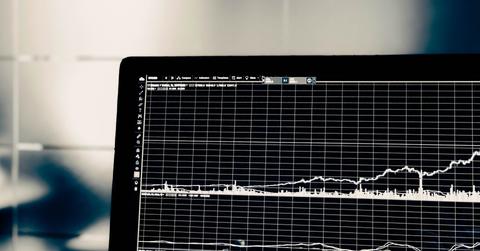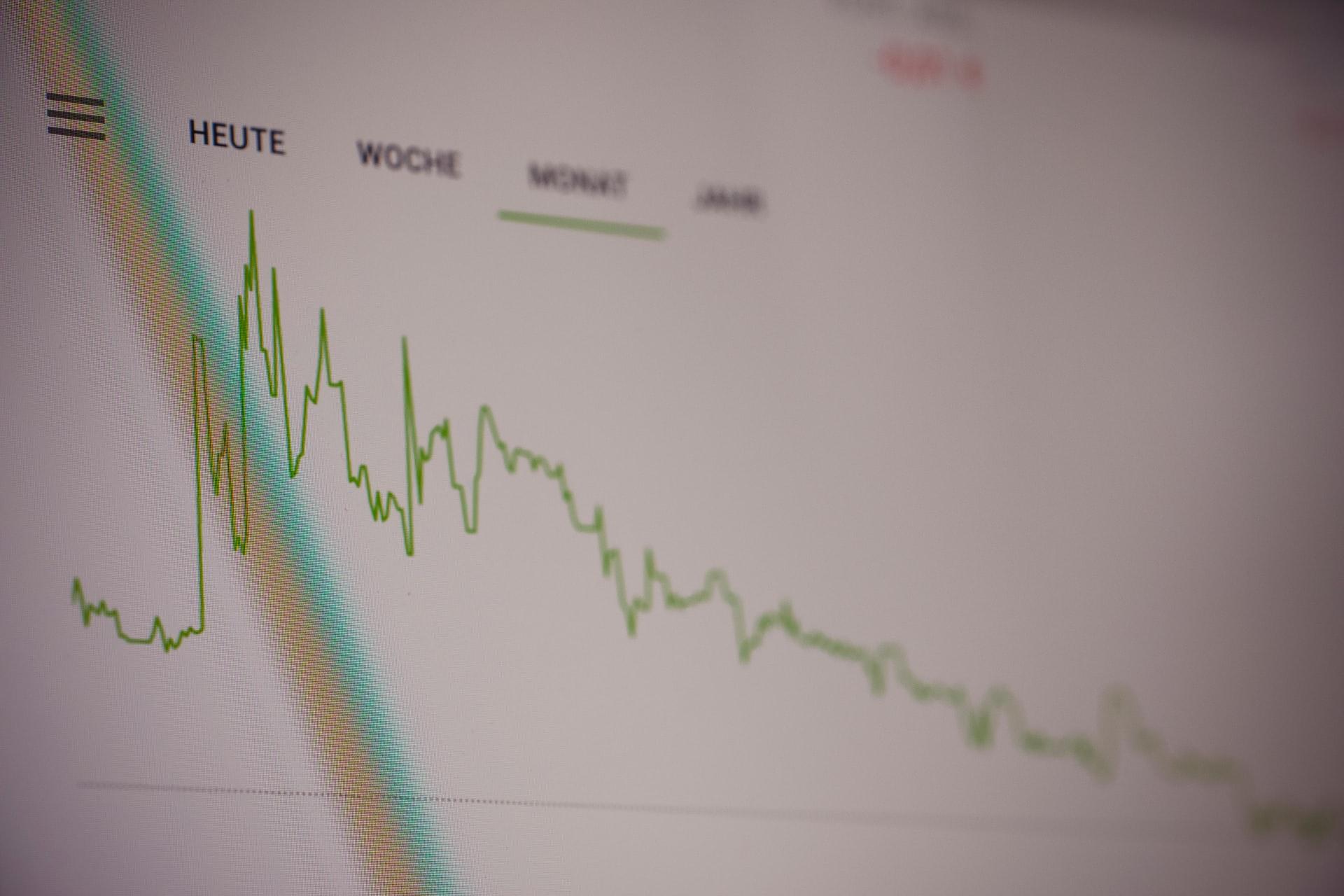What Is a Contract for Difference (CFD)?
A contract for difference is a sophisticated trading tool used to leverage a broker to gain access to a large bucket of stocks.
March 30 2021, Published 7:39 a.m. ET

A contract for difference (CFD) is an agreement made in financial trading between a buyer and a seller. Through the contract, the buyer agrees to pay the seller the difference between the current value of a particular asset and the price when the contract was initiated.
In a contract for difference, the investor does not own the actual assets. Instead, traders bet on the price movement of securities. By utilizing CFDs, investors can make price bets as to whether the underlying asset or security price will rise or fall.

Here's how CFDs work:
CFD traders may bet on the price moving up or downward. If a trader expects a stock’s price will increase, they will buy the CFD, while those who anticipate the opposite downward movement will sell an opening position.
Should the buyer of a CFD see the asset's price rise, they look to sell their holding. The net difference is represented through a gain or loss and is settled through the investor’s account with the brokerage.

On the other hand, if a trader believes a stock’s price will decline, they can place an opening sell position. To close the position, they must purchase an offsetting trade. Again, the net difference of the gain or loss is cash-settled.
So how do people make money off buying and selling CFDs?
A contract for difference is entered into between an investor and a brokerage institution. Both parties agree to settle the difference between an asset’s price when the contract was established and the price when the contract is completed.

The broker can charge a commission per trade (the opening and closing trades constitute two separate trades).
More extended positions may come with finance charges that occur each day a position is held. Since the broker is lending money to the investor, this interest covers the broker for each day their money is lent.

If an investor buys a position they think will increase, they will be charged an initial commission by the broker. Then, for each day that position is held, their account will accumulate daily interest. If the investor sells the position for a profit, their profit will be the net of the current value and what purchase price at the beginning of the contract. That profit will be lessened by the initial commission and the daily interest that was accrued, but also an additional commission for the final trade to sell the position.
If an investor buys a position and the price decreases, they will owe the broker the difference in the price decrease plus the commissions and daily interest.
CFDs have several advantages.
Higher leverage
When entering a CFD, an investor can purchase stock options for far less cash overlay. A broker may charge a minimal amount upfront, although it’s much less than would be needed to purchase options on the open market.
Easier global market access
Many CFD brokers offer access to almost every global trading market. Investors can trade in a wider array of markets at all hours.
But there are disadvantages to CFDs, too.
High risk
Because investors are on the hook for any decreases in the stock’s value, this leaves investors exposed to seemingly infinite risk as market volatility could cause a stock’s value to plummet and investors to pay the difference.

Little industry regulation
Banned in the U.S., CFDs don’t come with the same regulation and oversight of more traditional trading practices. A CFD broker’s credibility is solely based on reputation, longevity, and financial position. More research and investigating are needed before opening an account.
